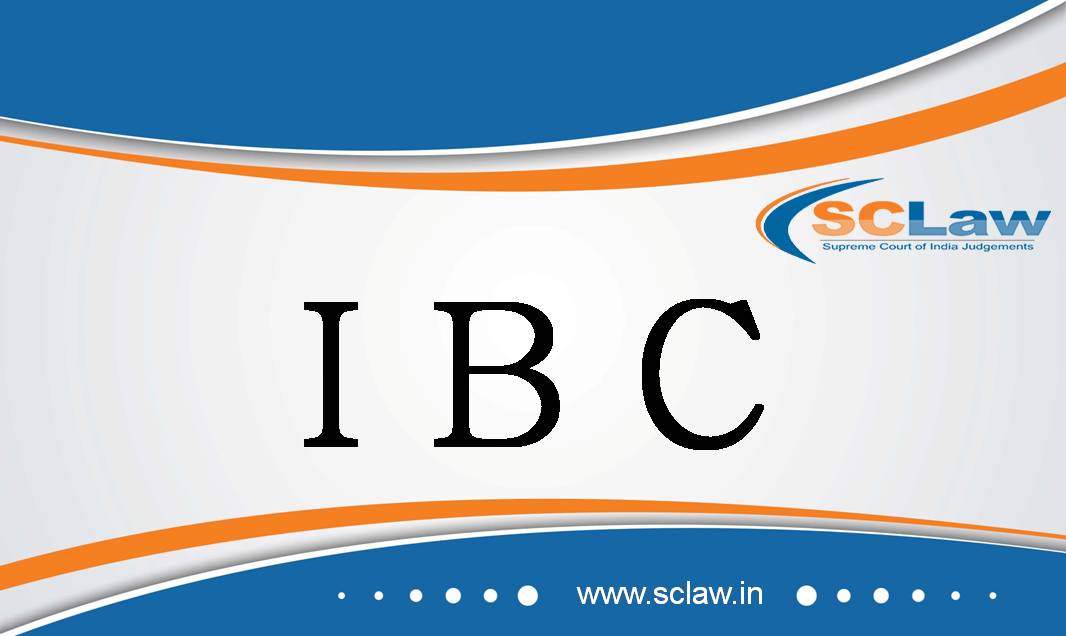Two reserved category candidates having more marks than the general category candidates appointed, were entitled to the appointment in the general category and the seats reserved for OBC category were required to be filled in from and amongst the remaining candidates belonging to the OBC category
SUPREME COURT OF INDIA DIVISION BENCH BHARAT SANCHAR NIGAM LIMITED AND ANOTHER — Appellant Vs. SANDEEP CHOUDHARY AND OTHERS — Respondent ( Before : M.R. Shah and B.V. Nagarathna, JJ.…






